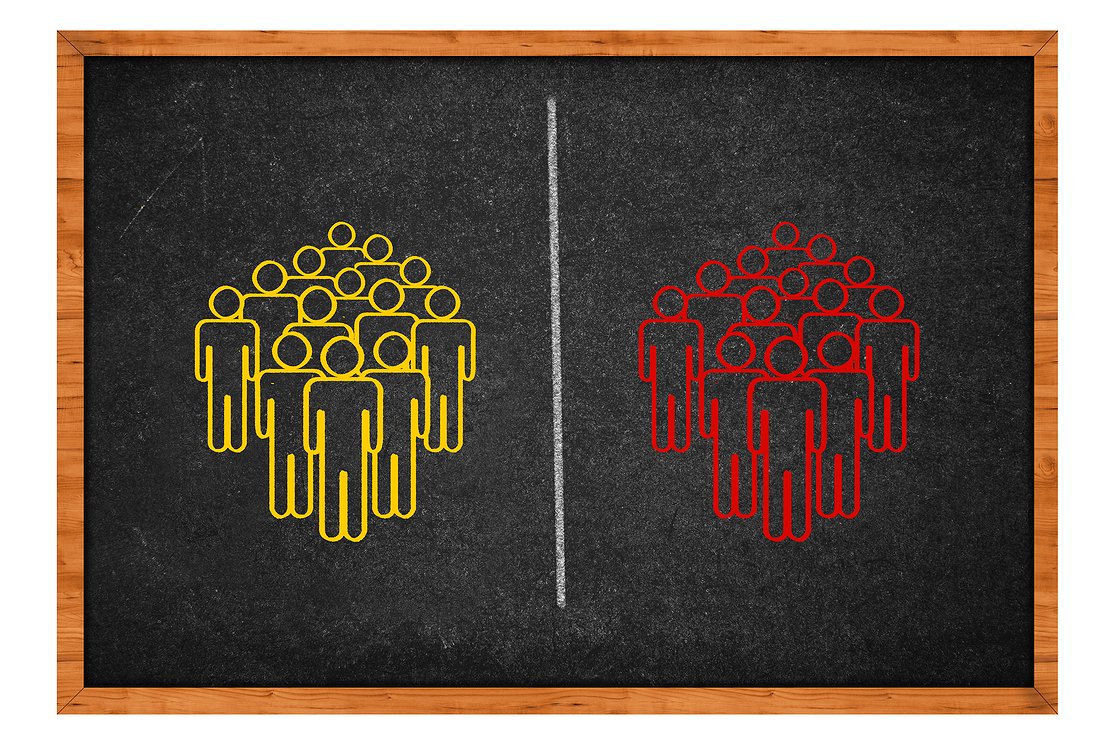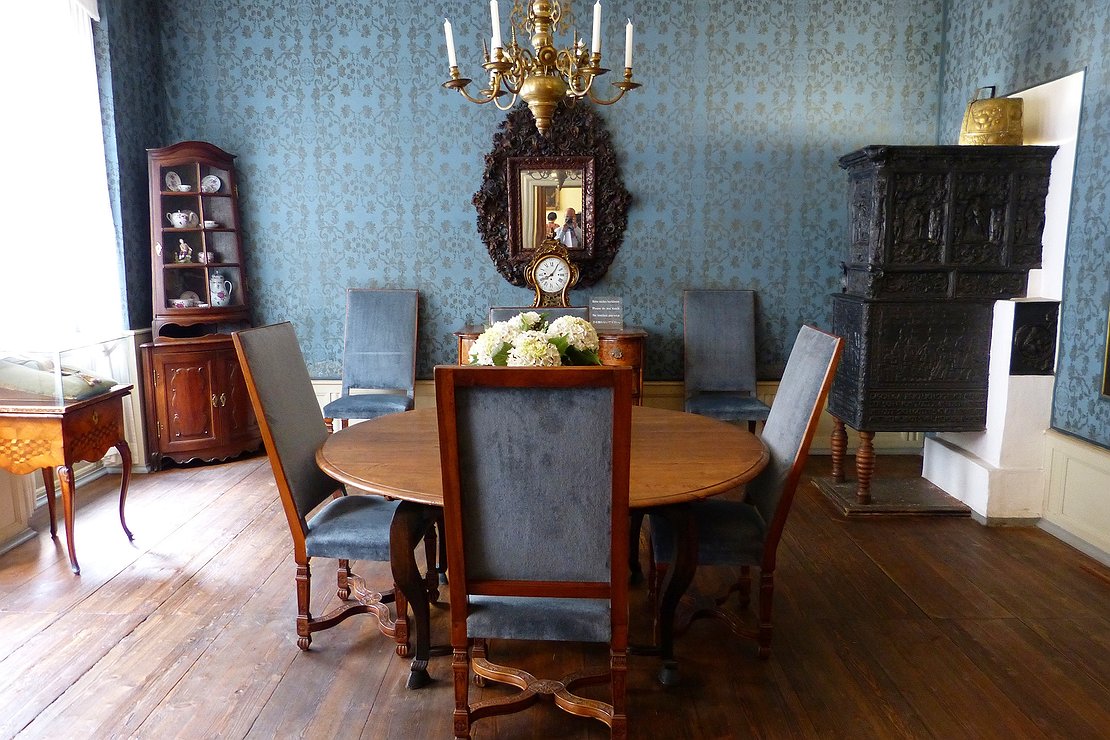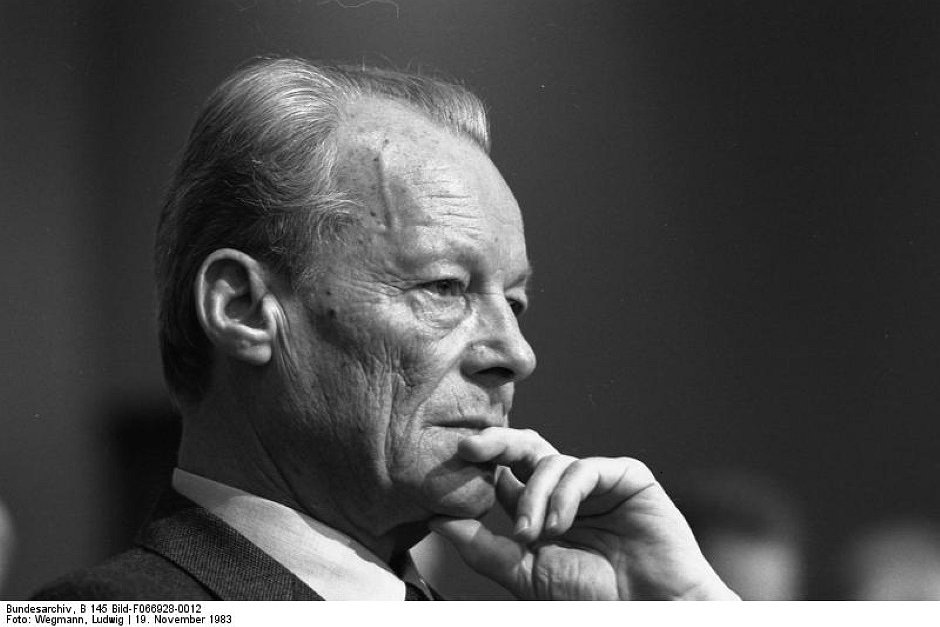
The case of Özil and Gündoğan at the World Cup:Market-Compliant Booing and Collective Identity
The visit of the German national soccer team members Mesut Özil and İlkay Gündoğan to the Turkish president Erdoğan has triggered a heated debate in Germany on integration. This dispute overshadowed the games of the German national team, led to the booing of the two national players and is at least partly blamed by observers for the early elimination of the German team. The classical liberal side criticises the mixing of sport and politics, and notes that political opinion or national consciousness have little to do with sport as such.
This objection is undoubtedly correct, but nevertheless ignores the essence of the phenomenon. If soccer was only about who plays particularly well, a soccer match would be a very calm affair. You would sit back, relax, look at which team plays better, and in the end be happy when the better team wins. It is very doubtful that this approach could earn billions. The big money in the entertainment business, and sport is part of the entertainment industry, is earned with great emotions, and with collective emotions.
The actual business model of the German Football Association is not football itself, but the group-dynamic collective experience around football. Soccer lives from offering a kind of replacement war for nations, regions, cities and communities. The jerseys, the flags, the colors, the songs, these are the typical characteristics of ‘pseudo specification.’ The behavioral scientist Irenäus Eibl-Eibesfeldt used the term ‘pseudospecification’ to describe the universal tendency to identify with a certain group based on clothing, symbols and badges. It's part of our innate behavioral program.
If a researcher divides a randomly selected group of people into two smaller groups and distributes blue ribbons to the members of one group and red ribbons to the other, the members of both groups begin to evaluate their group members more positively and the members of the other group more negatively. The more competition there is between the two, the stronger the sympathies for the members of their own, and the antipathies against the members of the other, group become. This process is associated with strong emotions such as solidarity, identification, rejection, anger and pride. The defamatory songs, which the fans of different clubs chant at each other, are a perfect example of this.
Soccer players, pop and rock singers can make millions, and only a small proportion of that income can be attributed to the fact that they can play or sing particularly well. The largest part comes from the professional presentation. If football, as a team sport, was not staged as a crystallization point of collective identity, this sport would lead a similar shadowy existence as other sports disciplines, which demand just as much physically from professional athletes, but nevertheless do not turn them into millionaires.
The reason Özil and Gündoğan were booed is because they spoiled this collective identity experience for the fans. If members of a national team do not sing the national anthem and openly identify with the autocratic leader of another nation, the effect is the same as when the members of a Christian pop group declare they do not believe in God and support abortion. The effect in the case of the Christian pop group with pro-abortion supporters would be the same as with the Turkish Erdoğan supporters in the German national team: the band's business model would fall into a deep crisis.
Although the Christian pop group with its atheist, abortion-supporting band members would still offer the same music, the identification and group experience of their Christian fans would be lost. The former fans would boo and boycott the group, refrain from buying the album, and ticket sales and advertising revenues would decline.
Why is that so, if after all the music is the same? Because Christian pop music is just as little about music, as national sport is only about sport. It's about community and identification. People pay a lot of money for this, travel long distances and invest in expensive fan items. The collective sense of community makes the World Cup a billion-dollar business. Soccer players cannot earn millions by mobilising collective emotions and then complain that these emotions create expectations for them as players.
A market economy doesn’t conflict with collective identity. On the contrary, the market economy uses, promotes and fosters collective identity. Why? Because companies can earn a lot of money by satisfying strong, widespread needs. This is especially true for needs that are deeply rooted in the human psyche, such as sexuality and identity. That is why not only ‘sex sells,’ but also ‘identity sells.’
Translated from eigentümlich frei, where the original article was published on 10th July 2018.




